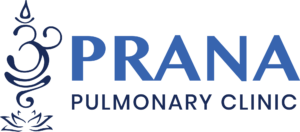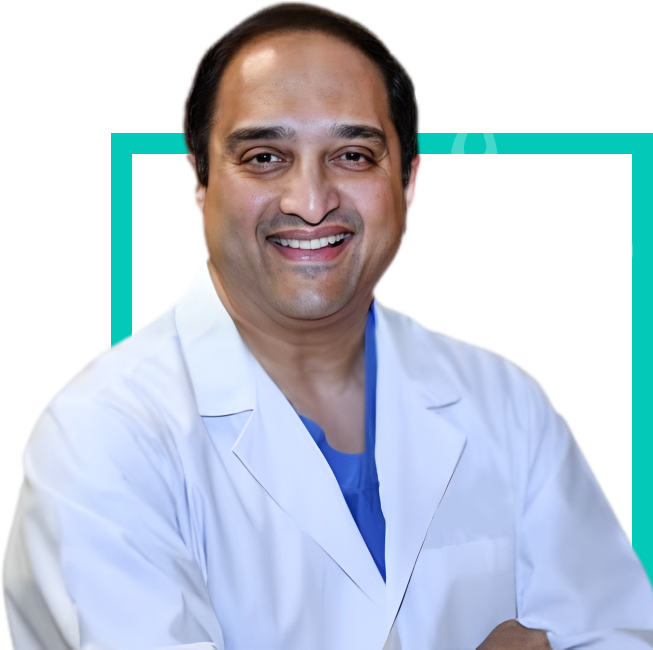Chronic Obstructive Pulmonary Disease (COPD) is a prevalent and progressive respiratory disorder that affects millions of individuals worldwide. As a pulmonologist, it is crucial to educate patients and the general public about this condition, its causes, symptoms, diagnosis, and treatment options.
COPD is a term encompassing a group of respiratory conditions characterized by airflow limitation and difficulty breathing. The primary culprits responsible for COPD are chronic bronchitis and emphysema. Chronic bronchitis involves inflammation and narrowing of the airways, leading to excessive mucus production, coughing, and breathlessness. Emphysema, on the other hand, is characterized by the destruction of the air sacs in the lungs, reducing their elasticity and impairing the exchange of oxygen and carbon dioxide.

The leading cause of COPD is long-term exposure to noxious particles and gasses, primarily cigarette smoke. Other risk factors include occupational exposure to dust and chemicals, genetic predisposition, respiratory infections, and air pollution. COPD often manifests gradually, with symptoms such as persistent cough, wheezing, shortness of breath (especially during physical exertion), frequent respiratory infections, fatigue, and unintentional weight loss.
Diagnosing COPD involves a combination of patient history, physical examination, and diagnostic tests. Pulmonary function tests, including spirometry, play a crucial role in evaluating lung function and determining the severity of airflow limitation. Imaging studies, such as chest X-rays and computed tomography (CT) scans, aid in assessing lung damage and ruling out alternative diagnoses.
Managing COPD requires a multi-faceted approach aimed at alleviating symptoms, improving lung function, and enhancing the overall quality of life. Smoking cessation is of paramount importance as it halts disease progression and reduces the risk of complications. Medications such as bronchodilators, inhaled corticosteroids, and antibiotics may be prescribed to relieve symptoms, reduce inflammation, and prevent exacerbations. Pulmonary rehabilitation programs, which encompass exercise training, breathing techniques, and nutritional counseling, have proven effective in improving exercise tolerance and enhancing overall well-being.
At Prana Pulmonary Clinic, we understand the complexities of COPD and provide comprehensive care to our patients. Dr. Vijoydeep Rao, M.D., our esteemed pulmonologist, works collaboratively with community and hospital-based health care professionals to ensure a holistic approach to patient care. With a wealth of experience and expertise, Dr. Rao offers personalized treatment plans tailored to individual needs, utilizing the latest advancements in COPD management. He emphasizes patient education, empowering individuals to actively participate in the management of their condition.
If you or a loved one is struggling with COPD, we encourage you to take the first step towards a healthier future by contacting Prana Pulmonary Clinic. Our dedicated team is ready to guide you through the diagnostic process, offer tailored treatment strategies, and provide ongoing support. Together, we can work towards managing COPD effectively, improving your lung function, and enhancing your overall quality of life.
Don’t let COPD hold you back. Contact Prana Pulmonary Clinic today and schedule an appointment with Dr. Vijoydeep Rao, M.D., an expert pulmonologist committed to delivering exceptional care and helping you breathe easier!










